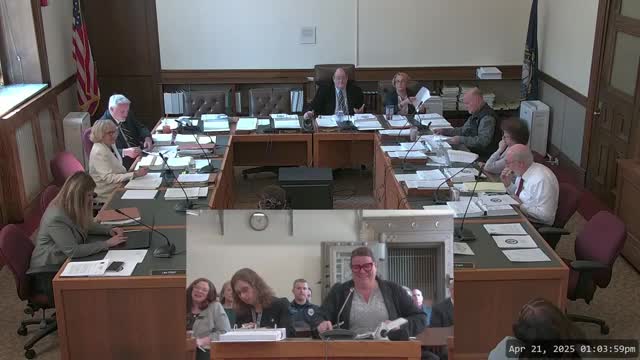Article not found
This article is no longer available. But don't worry—we've gathered other articles that discuss the same topic.
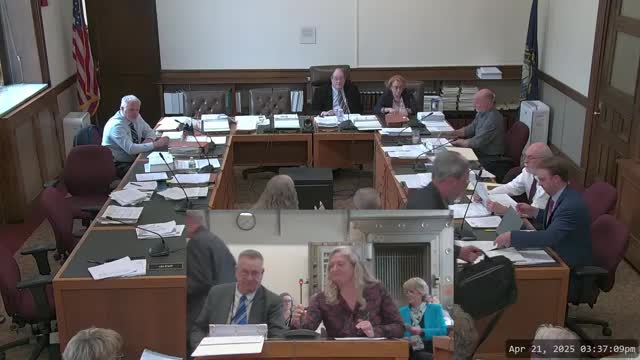
Special-education advocate urges funding for staff to help parents navigate complex IEP and complaint system
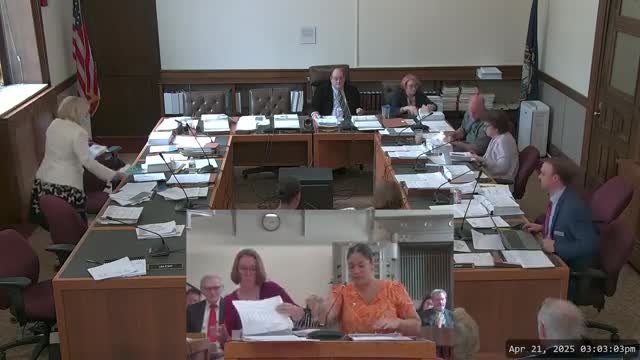
Child Advocate warns office would be eliminated under House budget; staff carry high caseloads and review restraint/seclusion incidents
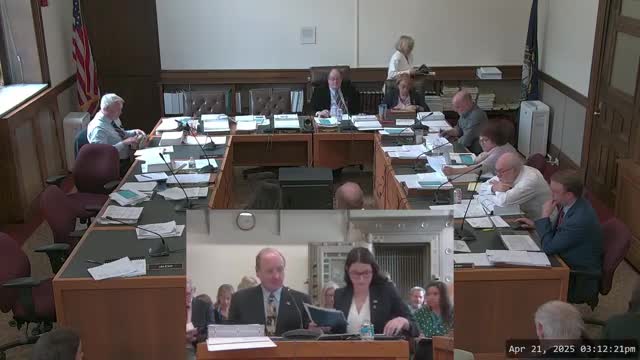
Housing Appeals Board pitches faster, lower-cost appeals to speed housing projects
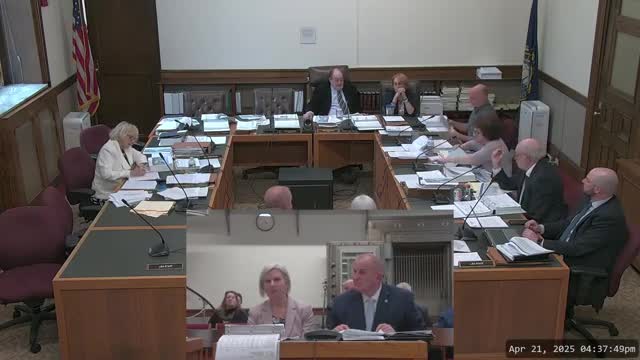
Police Standards and Training details added duties, in-service hours and requests IT funding to manage new responsibilities
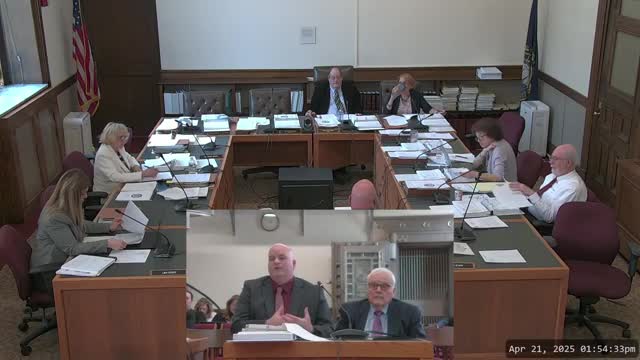
Administrative Services outlines retiree-health savings, smoothing plan and staffing cuts; asks Senate for targeted restorations
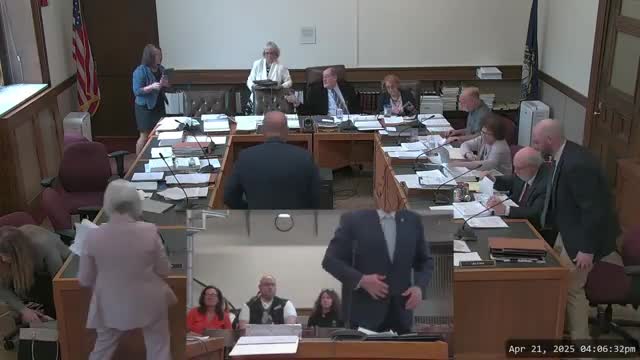
Department of Safety asks Senate to codify 9-1-1 uses, continue opioid enforcement funds and fund northern-border patrols
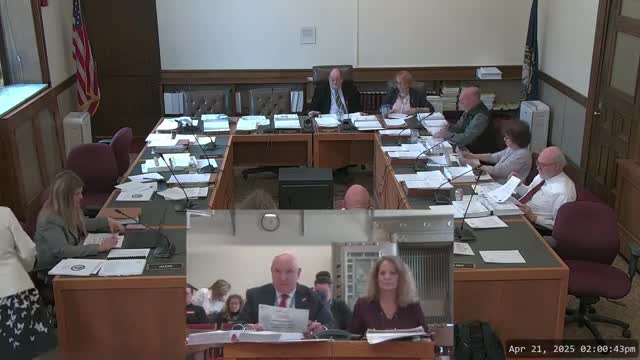
Liquor Commission warns enforcement cuts and transfer language would reduce revenue for prevention and education programs
